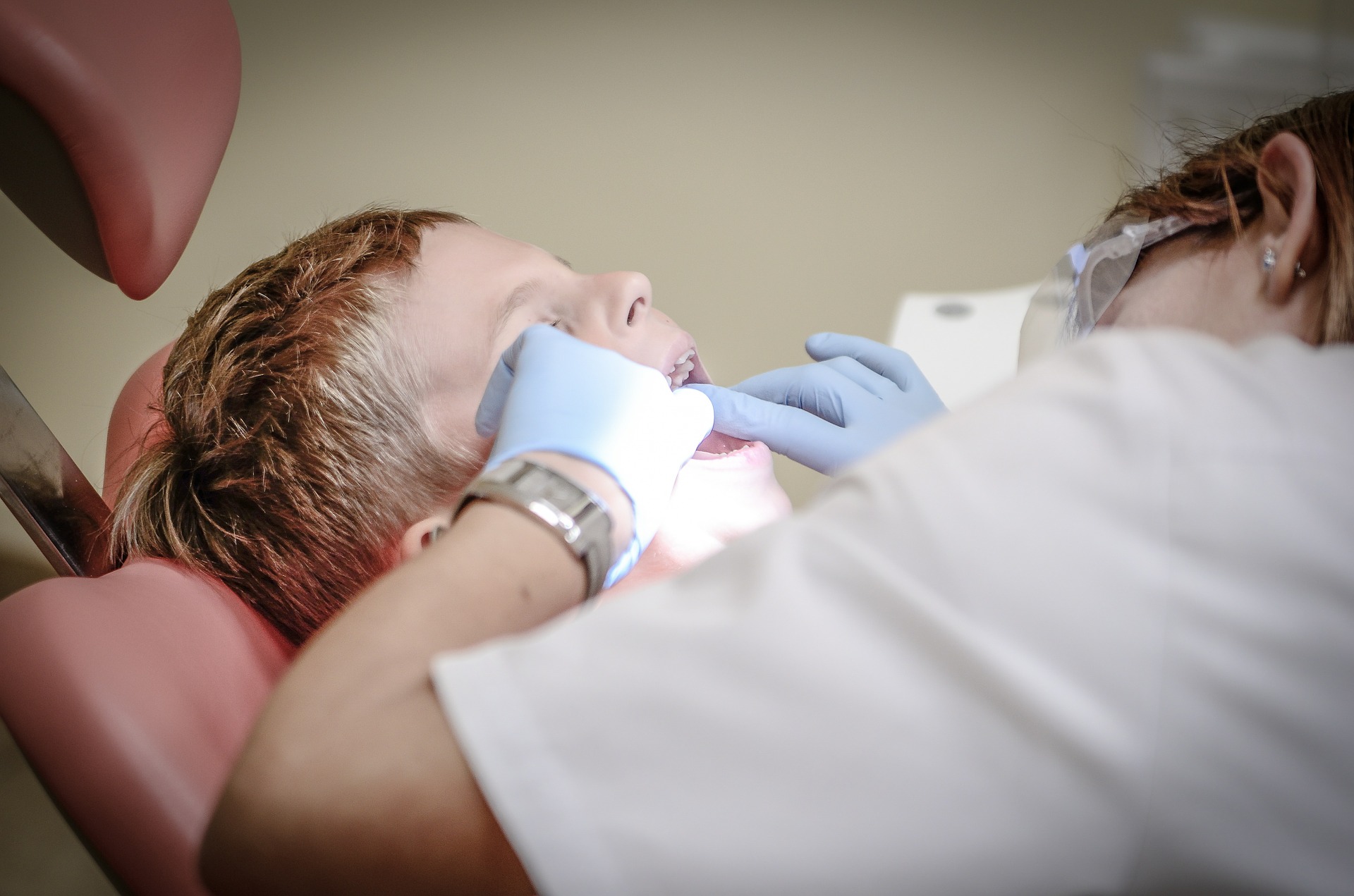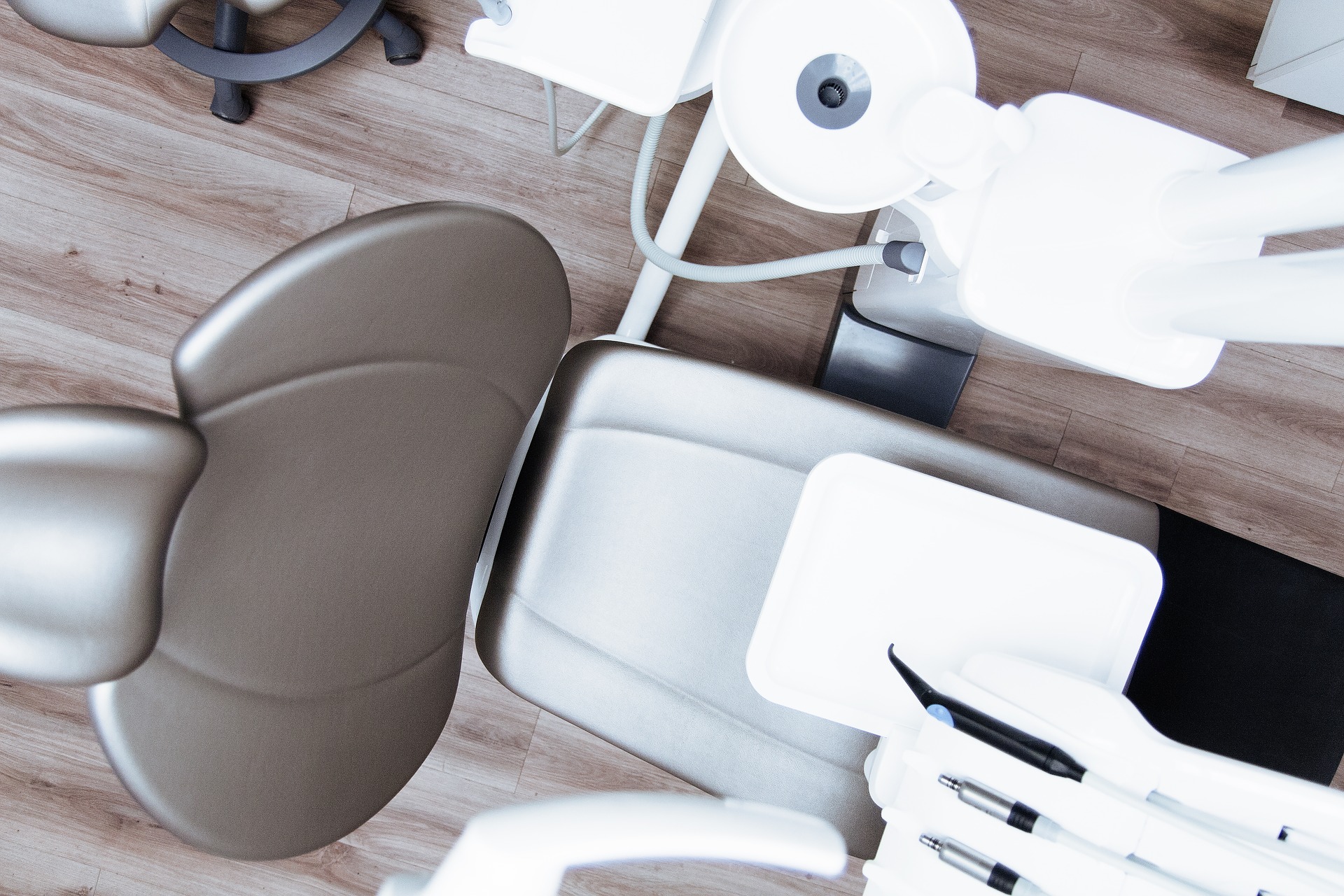
What Is the Difference Between General Dentistry and Orthodontics?*
Many people often confuse the roles of dentist and orthodontist London, or simply do not know that there is even a difference. Although both hold extremely important roles in the area of oral health, they do in fact have differing occupations and carry out particular treatments and assessments.

A dentist
To become a dentist, an individual will need to complete at least five years of study at an approved dentistry school, followed by two years of supervised practice. The main responsibilities of a dentist include assessing a patient for cavities, tooth decay, plaque build-up, and will relay advice regarding oral health care. A dentist is also responsible for treating dental and oral diseases, administering treatment for dental and facial injuries, and will usually be responsible for correcting dental irregularities in children. Many view a dentist as a general practitioner rather than specialising in certain areas of oral and dental health. A dentist can work in several different sectors including in the armed forces, in the community, in the private sector and in hospitals.
An orthodontist
The main difference between the two roles is that an orthodontist will not usually treat an adult via the NHS and orthodontal treatment will usually only occur on a patient when all their adult teeth have emerged. Orthodontics includes treatments that correct teeth positioning, jaw alignment, reduction of damage to prominent teeth and improvement of dental appearance. This is a specialised branch of dentistry and is usually associated with braces and children. However, adults can also benefit from this particular specialism in a private setting with patients being able to access treatments such as clear braces (Invisalign), and other types of cosmetic dentistry. Whereas a dentist will concentrate on all manner of oral health issues, this dental health practitioner will help patients that require specific treatments. Besides being able to prescribe invisible braces and associated treatments, an orthodontal specialist can assist with cases of mild sleep apnoea, and cases of cleft lip or palate. It is usual for a dentist to refer a patient for orthodontal care, but a patient can also approach local private clinics independently should they believe they could benefit from a specific type of treatment.
Access via the NHS
General dental treatment is accessible via the NHS, but orthodontal treatment is usually only available via the NHS to children. Adults should register with a local dentist as soon as they move to that area and children as soon as possible after they are born. Adults considering cosmetic dentistry procedures should research their local private clinics to find one that suits their needs.
Access via private clinics
If you are looking for a more tailored experience you should find a dentist London in the private sector. Cosmetic or orthodontic dentistry should always be accessed via a reputable private clinic and all treatments conducted by accredited professionals. Patients should always ask for previous examples of work conducted and be able feel comfortable asking questions about any potential procedures during a consultation with the dental professionals who will be carrying out the treatments and assessments.

